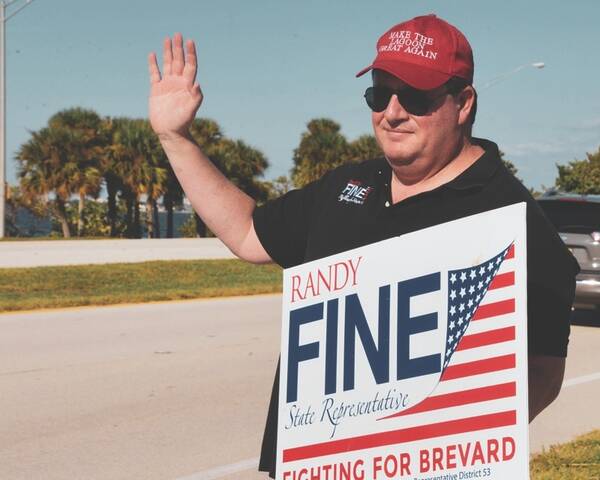You are now entering the Jewish Currents archive.
Ivy-League Washington: Is It Good for America
by George Salamon
 “THEY’RE FINISHED. The Ivy League Schools are finished,” said President Richard M. Nixon on May 18, 1972.
“THEY’RE FINISHED. The Ivy League Schools are finished,” said President Richard M. Nixon on May 18, 1972.
Boy, was he ever wrong. But he could not have sensed just how wrong.
That was revealed in the startling warning issued by the just-deceased Supreme Court Justice Antonin Scalia in his June 26, 2015 dissent to the court’s decision on same sex-marriage. As described in the New York Times, Scalia saw the fact that the court consisted of “nine men and women, all of them successful lawyers, who studied at Harvard or Yale Law School,” combined with the fact that only one member “hailed from the vast expanse between the east-coast and west-coast states,” as “a threat to American democracy.”
Historians and legal scholars may agree or disagree. But what would they and Scalia make of the ivy that’s covered the White House for the past quarter of a century? Is that a threat or boon to our democracy? Let me explain.
In the forty-four years since Harry Truman was sworn in as president on April 12, 1945 — the day Franklin Delano Roosevelt died — until January 20, 1989, when George Herbert Walker Bush was inaugurated as our 41st head of state, only one of the seven elected presidents in those years could have decorated the Oval Office with an Ivy League diploma. That was John Fitzgerald Kennedy (1961-1963), who received his B.A. degree from Harvard in 1940. All the others, from Truman to Eisenhower to Johnson to Nixon to Carter to Reagan, got elected and ran the country without the benefits and burdens of an Ivy League education. (We didn’t count Gerald Ford, who got into the Oval Office because Nixon left it on account of that third-rate burglary and its ensuing cover-up.)
All that changed when George Herbert Walker Bush beat Michael Dukakis in the 1988 election. He and the three subsequent occupants of the White House (Bill Clinton, George W. Bush, and Barack Obama) could have adorned White House walls with six Ivy diplomas, three undergraduate and three graduate ones.
Should we therefore look at our presidents since 1989 in the same way Scalia looked at his fellow justices — and himself — as “select, patrician (and) highly unrepresentative?” And does this matter, as we confront the “lesser evilism” choices the two major parties have put in front of voters since New Deal liberalism and progressivism, like the unions, got stomped by the crusaders for government of the private sector, by Wall Street and for highly successful wealth management of a few?
I think it does.
Donna Brazile wrote about Lyndon Johnson: “Lyndon Johnson knew what poverty looked like among poor whites and Latinos.”
There are Ivy Leaguers who have seen poverty, in Detroit, Los Angeles, or abandoned coal mining towns in West Virginia. A small group at Harvard successfully pushed the administration a decade ago to pay university janitors a living wage. Their fellow students didn’t care, as long as the increase in janitor wages did not increase their student fees.
Todd Gitlin, who has written extensively about idealism and social activism at his Cambridge alma mater in the 1960s, commented ten years after graduating: “Harvard is not a good place to learn to be human.” And that was then!
So yes, I’d like to see candidates who went to a state college near urban slums or abandoned small dairy farms, whose classmates or friends in a Los Angeles neighborhood lost their home and slept in the family car in suburban mall parking lot for weeks. Candidates who have not just seen how in the past three-and-a-half decades the rich have gotten richer and the poor poorer and how millions of Americans have abandoned even modest dreams of and hopes for a decent life, but have been touched and enraged by this.
Right now, the two leading Republicans share three Ivy degrees (Trump an undergraduate one from the Wharton School of Business at the University of Pennsylvania, and Cruz a B.A. from Princeton and a J.D. from Harvard.) On the other side, Hillary sports a law degree from Yale. Only Bernie has no Ivy growing on him. Sure, I know. There are all kinds of students in the Ivy League. Who knows, there might be another FDR among them. But as psychologists often tell us, past behavior provides the best clue to future behavior.
The odds for another FDR to emerge from Harvard, Yale, or Princeton are not nearly as good as another LBJ to emerge from a state college somewhere where there are no Starbucks cafes and the New York Times Style section remains unread.
Would he or she have a chance to rise in either of the two parties?
Or is it as E.M. Cioran put it: “To hope is to deny the future.”
George Salamon earned a Ph.D. from Harvard and taught there and at Dartmouth, among other colleges. He left academe when the humanities started their fall in our liberal arts colleges and became a business reporter and editor on a defense systems magazine. He now writes for the Gateway Journalism Review, The New Verse News and Jewish Currents from St. Louis, MO.
